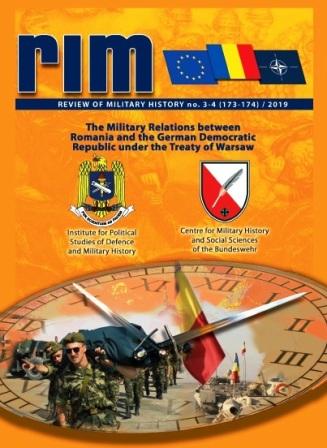The Problem of Polish-Romanian Cooperation Against Germany in 1939
The Problem of Polish-Romanian Cooperation Against Germany in 1939
Author(s): Agnieszka KastorySubject(s): Diplomatic history, Military history, International relations/trade, Security and defense, Interwar Period (1920 - 1939), Peace and Conflict Studies
Published by: Editura Militară
Keywords: Poland; Romania; Polish-Romanian alliance; British and French guarantees;
Summary/Abstract: After the German occupation of Czechoslovakia, the United Kingdom proposed that European states should demonstrate unity by signing a joint declaration to oppose German expansion in Europe. The United Kingdom selected France, the Soviet Union, and Poland as its first partners. It was envisioned that Poland would effectively support Romania, which was under German economic pressure, through an alliance between the two countries. The proposed alliance included defence against an attack on the eastern borders of both countries, but the United Kingdom and France tried to get both countries to expand their eastern borders against Germany. Poland rejected this concept because it did not believe in the possibility of German aggression against Romania and preferred not to jeopardize relations with Hungary. For Romania, the proposed expansion of the alliance was not beneficial either. German-Romanian relations could have deteriorated and led Germany to support the territorial claims of Hungary and Bulgaria against Romanian territory. As a result, Poland and Romania chose to protect their own interests: Poland accepted British guarantees and then signed a bilateral agreement with the United Kingdom; Romania accepted British and French guarantees while ostensibly maintaining good relations with Germany.
Journal: Revista de istorie militară
- Issue Year: 2021
- Issue No: 1-2
- Page Range: 88-96
- Page Count: 9
- Language: English

